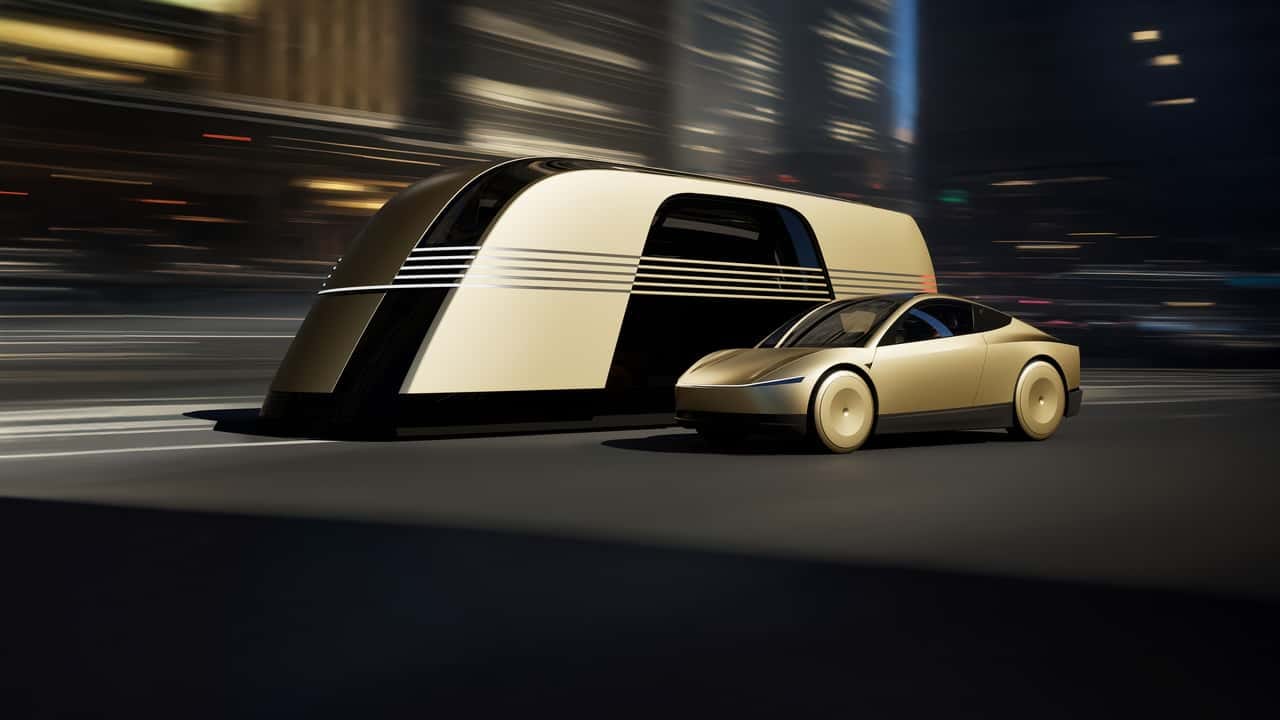Time For Trump's Tesla
Why Tesla could be the big winner in 2025.
Tesla shares are up an impressive 31.5% so far in November. This vastly eclipses the 6% gain from the Nasdaq 100, with the bulk of the outperformance coming following the results of the U.S. election last week.
Given the ties that Elon Musk has with President Elect Trump, the potential for changes to EV policy, trade tariffs, retail obsession with the stock and more, we feel that Tesla shares could start to become a proxy for trading the sentiment around how well the Presidency is going.
Sound crazy? Stay with us.
First let’s run through of the fundamental company specific benefits that Tesla could enjoy under the new President.
Cutting Subsidies Is A Positive
Under Biden’s Inflation Reduction Act, consumers could get tax credits worth up to $7,500 when buying EVs. Trump has been vocal about how he would “end the electric vehicle ‘mandate’ on day one” of his term.
Some might see this as a negative for Tesla, yet if you look beyond the obvious, this move could seriously benefit the company.
First, Musk himself said back in July that he doesn’t need them:
The key reason behind this is that the EV subsidy helps to boost profits for Tesla, whereas it acts to reduce losses for other EV firms. This is a key difference. Remove the credit and Tesla is still profitable, but other firms suddenly see their losses increase.
For example, take Rivian. In the latest Q3 results, it reaffirmed guidance for delivery of 50-52,000 vehicles for the full year. Yet even with that level of output, the net loss for the third quarter was $1.1bn. Granted, this is smaller than the $1.37bn loss for the same period last year. Yet it serves as a reminder that there are EV makers in the States that are struggling, even with the subsidy on the table!
The immediate market reaction to the removal of the credit was noted well by Bloomberg’s Joe Weisenthal:
The credit might not be a critical lifeline to some of these players, but it certainly will be a kick in the stomach if removed. Tesla doesn’t have this same problem as it’s further down the curve. It has achieved economies of scale and cost efficiency the hard way.
Part of how this is illustrated is via profit margins. As can be seen below, Tesla has been comfortably producing double digit net margins for the past couple of years. This provides it with a buffer going forward that other peers can only look on enviously:
Regulatory Easing
One of the big pushes in H2 for Tesla has been the ramp up in communications regarding the Full Self-Driving (FSD) system and similar technologies.
The FSD system is currently available as an advanced driver assistance feature in beta mode, primarily in the U.S. The system enables vehicles to perform driving tasks like navigating city streets, turning at intersections, and responding to traffic signals, but drivers are still required to monitor the vehicle at all times and be prepared to take control.
Tesla has been gradually expanding FSD Beta to more users, with some improvements in reliability and functionality. However, regulatory and safety concerns have kept the feature in a supervised mode rather than fully autonomous. Approval from the National Highway Traffic Safety Administration (NHTSA) and other regulatory bodies remains pending for Tesla to roll out FSD as a fully autonomous system without human oversight.
Last month, Musk revealed both a functioning robotaxi (the Cybercab) along with pint-pouring robots, in a nod to where Tesla is heading in coming years.
So where does Trump come in? Well given the support of Musk on the campaign trail, we think it very likely that his administration might streamline regulatory processes, benefiting Tesla's autonomous driving technology approval. Trump has previously supported deregulation, especially for American companies pushing technological innovation. Under such an administration, we could see faster regulatory timelines with fewer bureaucratic hurdles.
Put another way, Trump is pro-business. Cutting bureaucracy to enable more deals is something he’s known for. So relaxing certain standards, speeding up approvals for the FSD system and similar technologies is highly likely.
Below the paywall: What Tesla trading volumes and options skew is telling us








